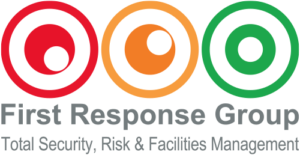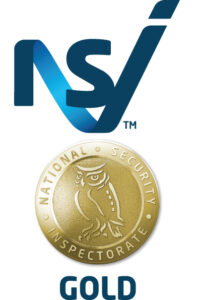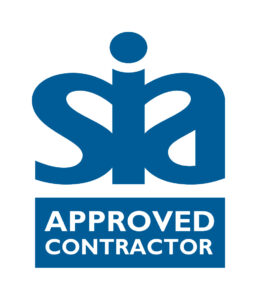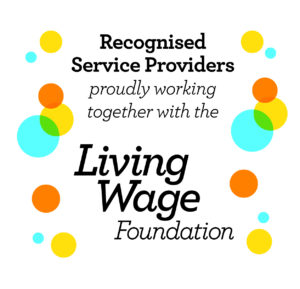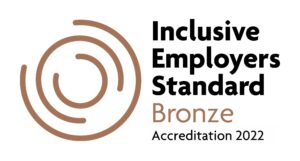Risk Assessments are far from just a ‘necessary evil’ in managing a workplace, but are a vital step in facilities management and the safety and security of your organisation. Risk Assessments have evolved to become an essential management tool in planning, controlling and implementing change, but also in managing everyday systems and processes.
These factors apply to any business of course, so what are the five key reasons why risk assessments are vitally important?
- Identifying issues
Looking at systems and processes closely – and usually independent to other tasks – often enables you to spot problems or potential issues that otherwise wouldn’t be identified. This unique focus is crucial in carrying out a risk assessment and is the starting point in implementing control measures which lead to eventual change. From this you can assess who or what is at risk in a process – ie. specific people and/or goods if the risk is safety or security-related – and how they are at risk.
- Emergency planning
A risk assessment can act as a plan to cover emergency situations, because you have to consider all potential eventualities in the same way as normal, everyday processes. So a risk assessment can cover fire, flood and chemical leak emergencies, as well as breaches in security. A risk assessment can therefore be drawn up to look at the likelihood of emergencies occurring, and it then allows you to plan routes, meeting points, communication methods, appoint responsible personnel, specify how alarms are raised and how the success of an evacuation or emergency plan can be measured.
- Improvement
Finding an alternative way to how an operation or process can be safely and securely carried out is a critical part of the risk assessment process. Considering this requires discussion, negotiation, possibly trials and possibly investment, but the key is that hazards are removed or their risk reduced to an acceptable level, and that improvement occurs as a result. All organisations should strive for continual improvement, so risk assessments are not just a method for managing problems, but are also a good vehicle through which you can control, monitor and measure change and improvement.
- Compliance
We now know that risk assessments are a good and comprehensive management tool for an efficient organisation, but fundamentally, as an employer you have a legal duty to provide a safe and secure workplace. Creating risk assessments is a complex task, but the output you receive is recorded evidence that thorough and professional consideration has gone into the operations at all levels of the organisation. Risk assessments should not be approached as merely a box-ticking exercise, they must be suitable and sufficient, so it makes sense to complete these in a practical manner and to update them regularly to keep them useful, meaningful and valid.
- Managing change
Risk assessments are a very useful tool when looking to forward plan and implement change. You would normally have a risk assessment already in place for a given process or activity, but a new risk assessment can look at key functions and what you can change safely and securely, with minimal disruption and no increase in risk. This can apply to any activity, such as security systems and facilities management, or purchasing new machinery in a production facility, or even just moving a photocopier in an office. All changing circumstances need to be assessed to ensure all eventualities and their associated risks have been considered, before you move on and fully implement that change.
First Response Group is one of the leading multi-service and security providers in the UK, delivering total Security, Risk Management & FM solutions to a wide range of public and private sector clients nationwide. We can work with you to carry out a comprehensive risk assessment programme to ensure that all your processes and activities are covered for potential hazards. Then we can help you implement and monitor control measures and manage future change, continually updating the documented risk assessments by re-visiting all operations on a regular basis. This maintains your risk assessments as current and valid, but also continuously identifies areas for improvement.
Article By:
